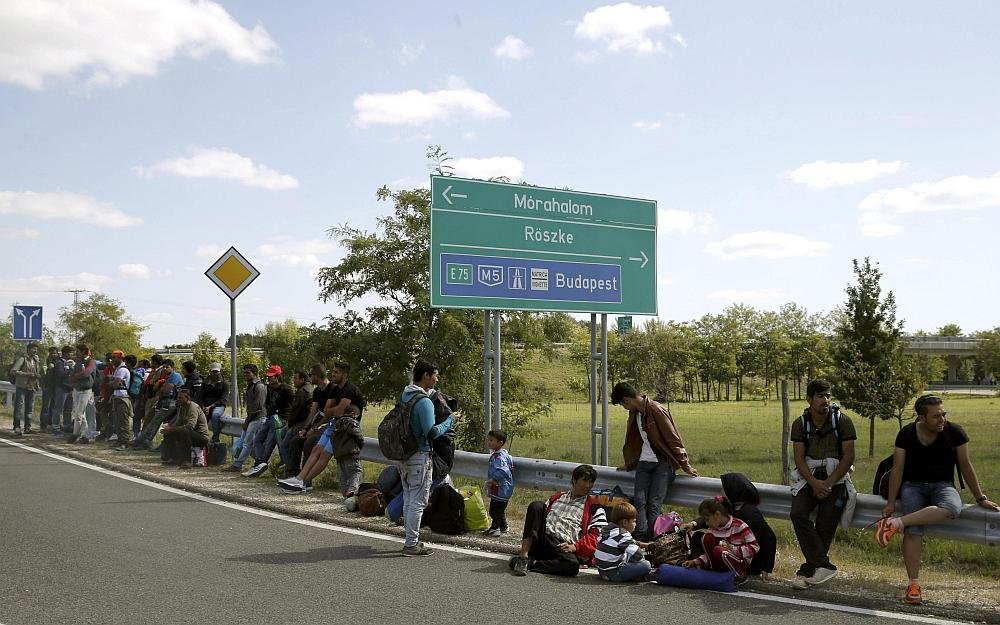
According to the Murska Sobota Police Directorate, the policemen from the Lendava Police Station at 4 a.m. received the information that a number of people were seen walking along the motorway. They intervened immediately, and in Dolnji Lakoš traced and apprehended eight individuals, and later six more. All the foreigners were citizens of Syria, aged from 23 to 40. They were taken to the Lendava Police Station, where they were adequately treated, and given food and beverage.
The apprehended citizens of Syria explained that they crossed the state border at approximately 3 a.m., and were headed to Austria and Germany. As they had crossed the border illegally, they will be treated in compliance with the Aliens Act and sent back to Hungary. Until then they will be quartered at the Aliens Centre in Postojna.
Arrival of Syrians does not announce a larger migrant flow
The Police also informed that the policemen are performing intensified surveillance due to the mentioned problem, as well as other operative measures, with which they will continue. They added that this case confirms that the police activities are adequate, and justified, while this occurence does not announce a larger migration flow through Slovenia.
Amnesty International against deportation
Amnesty International reacted to the intention of the authorities to send 14 Syrian citizens back to Hungary. They warn that in such case Slovenia would be violating the international prohibition of return, and their human rights.
The fact is that in Hungary refugees do not have an adequate access to the procedure for international protection, and the conditions in reception centres are poor, Amnesty International warns.
B. T., B. V.
Translated by G. K.

































































